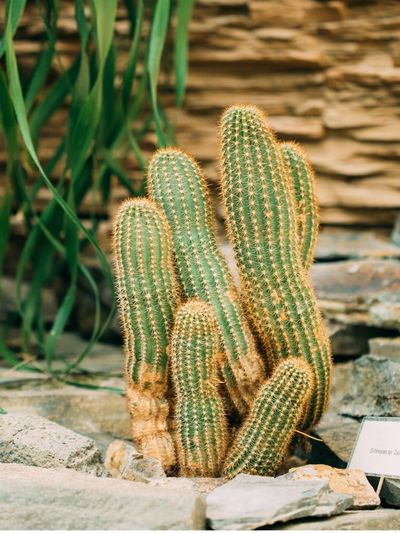What is a Peanut Cactus?
Peanut cactus is a plant native to Argentina with the Latin name Echinopsis chamaecereus. It is sometimes called chamaecereus cactus. It is a clustering, or mat-forming, cactus with shallow roots. The stems are plentiful and shaped like fingers, or long peanuts. They can grow up to about six inches (15 cm.) tall and 12 inches (30 cm.) wide. In the late spring and early summer, peanut cactus produces gorgeous, large, reddish-orange blooms that cover much of the cactus clump. These cacti are popular in the garden in hot areas because of the unique appearance and pretty flowers. They grow quickly and will fill in a space in just a couple of years.
Growing a Peanut Cactus
Peanut cactus care depends largely on the environmental conditions. This is a cactus that is only hardy in zones 10 and 11, although it can also be grown as a houseplant. It grows well outdoors in southern Florida and Texas and in dry, hot areas of California and Arizona. Where the temperatures are particularly hot, as in Arizona, peanut cactus should be given a little shade. In cooler areas of these zones, give it full sun. Give it as much sun as possible when grown indoors. Whether growing indoors in a container or outside in a bed, make sure the soil drains well. A peanut cactus is susceptible to rot. During the growing season, water your peanut cactus whenever the top inch or two of soil dries out, but during the winter you can mostly leave it alone. It only needs winter watering if it is not being kept cool, at temperatures at or below about 40 degrees Fahrenheit (5 Celsius). Give your cactus a balanced fertilizer once a year, at the start of the growing season. Growing a peanut cactus is pretty easy if you have the right conditions. Just be sure that if you are growing it indoors that it gets a good rest period in order to flower next season. Rest means that it should be kept cool with minimal watering. It may appear to dry out and shrivel a little, but this is normal.
